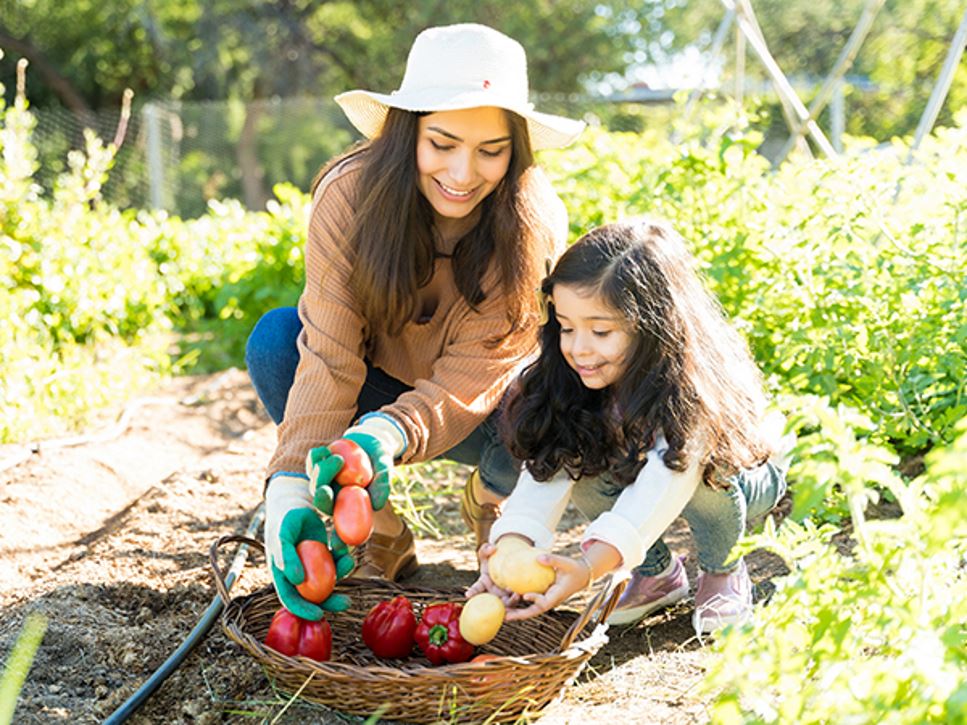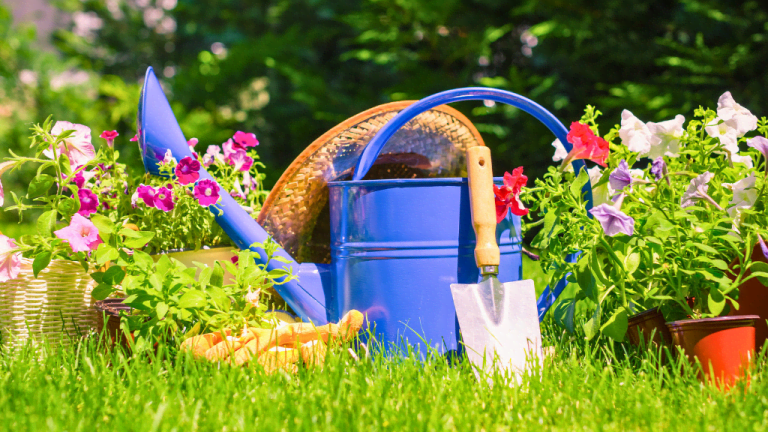Creative Gardening Concepts to Optimize Little Areas and Yields
Unlocking the Benefits of Horticulture: A Comprehensive Take A Look At the Different Types and Their Influence on Well-Being
Discovering the multifaceted benefits of gardening discloses a spectrum of methods that considerably improve private health. From veggie and natural herb gardens to container and raised bed arrangements, each kind uses distinct benefits that expand beyond simple farming. These tasks not just foster physical health and wellness with active involvement but likewise contribute to psychological health by reducing anxiety and motivating mindfulness. As we check out these diverse horticulture methods, it becomes apparent that their effect can reverberate on individual, social, and ecological levels, triggering a more detailed check out just how these links develop a cohesive story of all natural health.
Types of Horticulture

Blossom gardening, another preferred category, emphasizes the aesthetic charm of cultivated blossoms. This type can boost landscapes and promote biodiversity by attracting useful pollinators. Likewise, herb horticulture includes expanding fragrant and culinary plants, contributing both to food preparation and all-natural treatments.
Container gardening deals versatility, making it possible for people with limited room to take part in horticulture by utilizing pots and planters. This technique is especially popular in urban settings. Increased bed horticulture, on the various other hand, involves creating elevated stories that enhance soil water drainage and ease of access, making it easier for gardeners to handle their plants.
Last but not least, community horticulture cultivates partnership among individuals in common spaces, promoting social interaction and cumulative obligation. Each type of gardening offers distinct objectives and provides to different choices, making gardening a flexible task that can be customized to specific requirements and atmospheres.
Mental Health And Wellness Advantages
Participating in numerous kinds of horticulture not just yields concrete benefits such as fresh produce and attractive flowers however additionally provides considerable mental wellness benefits. Research suggests that gardening can be an effective tool for reducing stress and anxiety, anxiety, and anxiety. The act of having a tendency to plants and growing a garden fosters a sense of objective and achievement, which can enhance total psychological well-being.
Moreover, horticulture urges mindfulness, as it requires individuals to concentrate on the here and now minute, whether it be growing seeds or supporting development. This mindfulness method can cause lowered rumination and boosted mood stability. The exposure to native environments during gardening has likewise been linked to boosted cognitive operating and decreased feelings get more of exhaustion.
Social communication plays an essential role in mental wellness, and neighborhood gardening campaigns supply opportunities for individuals to link with others, cultivating a sense of belonging. The shared experience of horticulture can grow relationships and assistance networks, further boosting psychological strength.
Physical Wellness Benefits
Numerous individuals might not understand that horticulture also supplies substantial physical wellness benefits. Taking part in horticulture tasks needs a range of physical movements, consisting of flexing, training, digging, and planting, which jointly contribute to improved toughness, flexibility, and endurance. These actions can boost cardio wellness by advertising an elevated heart rate, consequently decreasing the danger of heart problem.
Furthermore, horticulture can offer as a moderate-intensity exercise, aiding individuals attain advised physical task levels. Researches show that regular participation in gardening can shed considerable calories-- about 200-400 calories he said per hour, depending on the intensity of the tasks carried out. Such calorie expenditure is beneficial for weight administration and general metabolic health.
Additionally, exposure to sunlight throughout horticulture can promote the synthesis of vitamin D, which plays an important function in preserving bone health and wellness and supporting immune function. Additionally, the act of gardening typically includes working with soil, which has been linked to potential mental and physical health and wellness advantages because of the existence of valuable microbes. Gardening.
Social Connections Via Horticulture
The communal facets of gardening foster purposeful social links among individuals. Area yards, in certain, work as lively hubs where people from varied backgrounds integrated, growing not just plants yet also partnerships. These shared rooms motivate collaboration, permitting people to trade understanding, skills, and sources, therefore boosting their horticulture experience and fostering a feeling of belonging.
Engagement in gardening activities often leads to the development of friendships and assistance networks. Participants regularly unify for common goals, such as growing seasons, harvest parties, or academic workshops, which reinforce interpersonal connections and create a feeling of community. Such communications can reduce sensations Continued of isolation and enhance mental health, as individuals locate companionship and friendship in shared undertakings.

Ecological Influence of Horticulture
Gardening dramatically contributes to ecological sustainability in several ways. Home yards supply vital environments for numerous species, consisting of pollinators such as and butterflies, which are vital for environment health.

Additionally, yards play an essential function in water preservation. Well-planned landscapes, including native plants and xeriscaping, minimize water usage and prevent runoff, therefore securing local waterways from pollution.
Final Thought

Finally, horticulture acts as a complex activity that improves well-being throughout various domain names. The diverse sorts of gardening-- including veggie, flower, natural herb, container, and raised bed-- add to mental and physical health and wellness, foster social links, and promote ecological sustainability. By taking part in gardening techniques, individuals can experience better lifestyle while additionally supporting area bonds and eco-friendly wellness. Eventually, the holistic advantages of horticulture highlight its importance as a crucial element in boosting total well-being.